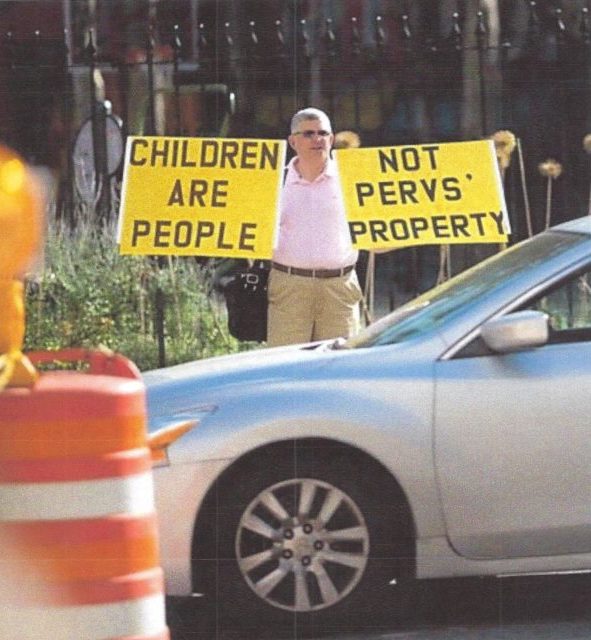- Ryan Trowbridge, Audrey Russo
The Diocese of Springfield announced Wednesday a strategic plan to respond to sexual abuse in the church.
SPRINGFIELD, MA (WGGB/WSHM) — The Roman Catholic Diocese of Springfield releasing the results of a 20-month task force effort to combat clergy sexual abuse in the church on Wednesday. The report essentially outlines different recommendations for the diocese to use as a guide for acknowledging victims, preventing and educating sex abuse, and ensuring allegations are reported.
This report after decades of accusations that the diocese swept abusive priests under rug including Richard Lavigne, who law enforcement said killed altar boy Danny Croteau in the 1970s.
This list of recommendations to combat sex abuse will be implemented over the course of three years including plans to support victims, update the clergy code of conduct, and educate parishoners and church staff. Church and task force leaders said there will be plans to update the review board that oversees abuse allegations, plus establish another advisory committee to ensure these recommendations are being followed.
“We really see this as a new day in the work of transparency,” said Diocese of Springfield Bishop William Byrne.
After decades of allegations that the Springfield catholic diocese covered up clergy sex abuse, Byrne said changes are coming to how the church addresses this crime. A task force released their report today and made recommendations on everything from reporting abuse to training clergy and church staff on how to stop it.
Western Mass News found that one part that’s already been implemented: a memorandum of understanding with local district attorneys that any victim of reported sex abuse will be first directed to law enforcement for a full investigation before the church’s review board looks at the case.
The report essentially outlines different recommendations for the diocese to use as a guide for acknowledging victims, preventing and educating sex abuse, and ensuring allegations are reported.
The report also recommended changes to the review board itself and suggested nine members serve on it. The task force also proposed a 12-member advisory committee to work with the bishop on ensuring the recommendations of the report are being met.
“There really is a check-and-balance system in there and it will be done by people from the community that have been chosen to serve on the advisory committee,” said Irene Woods, member of the task force.
Byrne added, “The process of moving it out of a centralized administrative under the bishop gives us that capacity for it to remain an independent process.”
However, the report suggested that the members of the advisory committee will be appointed by the diocese and that the bishop will have the final say on any reports they make.
“I would be making the final decisions, but like we see in the success of this task force and how well they worked…independence…it also can imply collaboration,” Byrne noted.
Organizations that represent and assist victims of this abuse said the task force’s recommendations are lacking. Robert Hoatson, a former priest who now runs Road to Recovery, an organization helping clergy sex abuse survivors, feels full transparency won’t be achieved.
“He’s establishing another bureaucracy that he controls,” Hoatson explained.
Though the church has developed the memorandum of understanding, Hoatson believes the church should not attempt to investigate itself.
“Give the victim whatever resources he or she needs to recover. You don’t need all this bureaucracy,” Hoatson added.
Attorney Mitchell Garabedian, an attorney who has represented victims of abuse from the Springfield diocese, added, “I don’t think they can self-govern. Call the police if there’s a crime. Just call the police.”
Garabedian said a victim has already approached him with concerns about the task force recommendations.
“He was upset because the diocese issued this report and he doesn’t think they’re acting in good faith and I agree with him…They haven’t all of a sudden changed their stripes. They’re in control of the process that’s being described,” Garabedian explained.
At the task force presentation, Western Mass News asked about the list of credibly accused clergy within the diocese, which had 40 names added to it in June.
“Updates will be made contemporaneously and on a regular basis,” said Jeffrey Trant with the Diocesan Office of Safe Environment and Victim Assistance.
Trant said another name was added this month
“On the first of September, Father Menge was added to the list,” Trant added.
Father James Menge died in 2010. He served multiple roles and churches throughout western Massachusetts including ones in Chicopee, Southwick, North Adams, and Springfield.
Click on Link for Interview with Robert M. Hoatson, President and Co-founder of Road to Recovery (second video)


